Two decades ago, on July 7, 2005, the bustling pulse of London was savagely interrupted. In a coordinated attack that sent shockwaves across the globe, four suicide bombers brought terror to the capital's transport network. As London prepares to mark the 20th anniversary of this devastating day, claiming 52 lives and injuring over 700, East London's profound connection to the tragedy, from the moments of the attack to its remarkable recovery and enduring legacy, comes sharply into focus.
One of the three horrific Underground explosions tore through an eastbound Circle Line train between Liverpool Street and Aldgate stations at approximately 8:50 AM. This blast in East London tragically killed seven people, forever altering the lives of countless others. The proximity of this attack to a densely populated and diverse area of the city meant that the reverberations were felt deeply within East London's communities.
The immediate aftermath saw an extraordinary display of heroism, particularly from East London’s medical professionals. The Royal London Hospital, a major trauma center located in Whitechapel, played a crucial role, treating over 50% of those injured in the bombings. Doctors, nurses, and emergency services personnel, many from within East London's vibrant population, worked tirelessly under immense pressure to save lives, providing an unparalleled testament to dedication and courage. The streets surrounding Aldgate, normally teeming with commuters and residents, transformed into a scene of immediate crisis, where ordinary citizens often became first responders, aiding the wounded amidst the chaos.
The 7/7 bombings, carried out by homegrown Islamist extremists, profoundly impacted community relations across the UK, and particularly in diverse areas like East London. While the city united in grief and defiance, there was an unfortunate, albeit temporary, surge in faith-related hate crimes directed predominantly at British Muslims in the weeks following the attacks. This created a sense of vulnerability within minority groups, including those in East London, who found themselves grappling not only with the horror of the attacks but also with an unfair backlash.
However, the resilience of East London's communities shone through. Muslim leaders and organizations across the country, including those deeply rooted in East London, unequivocally condemned the atrocities, emphasizing that such acts stood in stark contrast to Islamic beliefs. Efforts to foster interfaith dialogue and strengthen community cohesion became even more critical, ensuring that the terrorists' aim of division ultimately failed.
Beyond the immediate crisis, the attacks spurred significant shifts in national security and counter-terrorism strategies. In East London, like other parts of the city, there was an increased focus on community engagement and intelligence gathering, seeking to prevent future radicalization while also protecting civil liberties.
Twenty years on, the scars of 7/7 remain, but so too does the indomitable spirit of London. In East London, memorials and community initiatives serve as powerful reminders of the lives lost and the unwavering determination to ensure that hate will never triumph over unity. The Aldgate bombing stands as a poignant chapter in East London's history, a day of immense sorrow, but also a catalyst for profound strength and a testament to the city's ability to heal and move forward
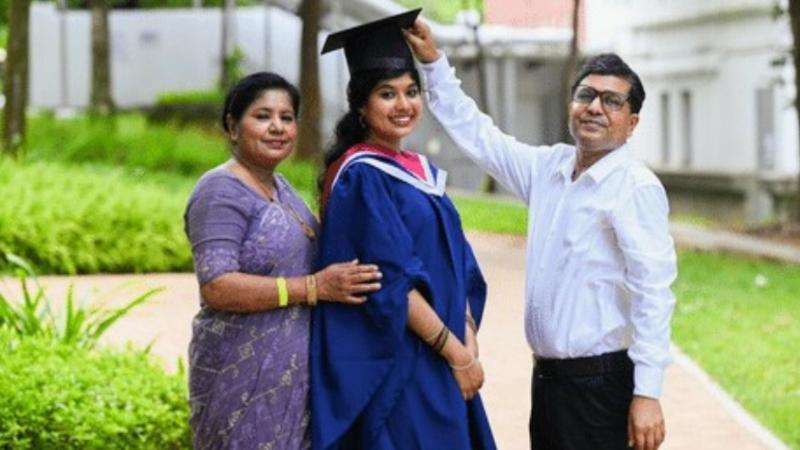
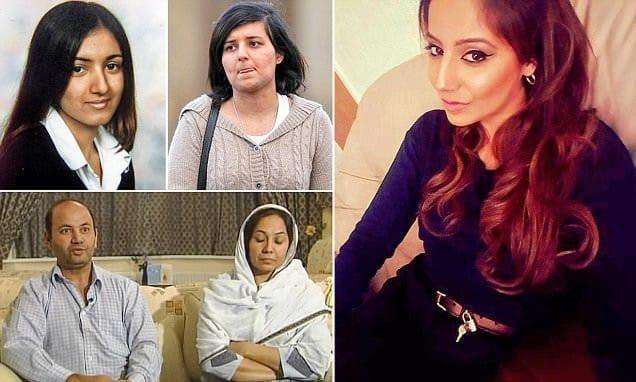
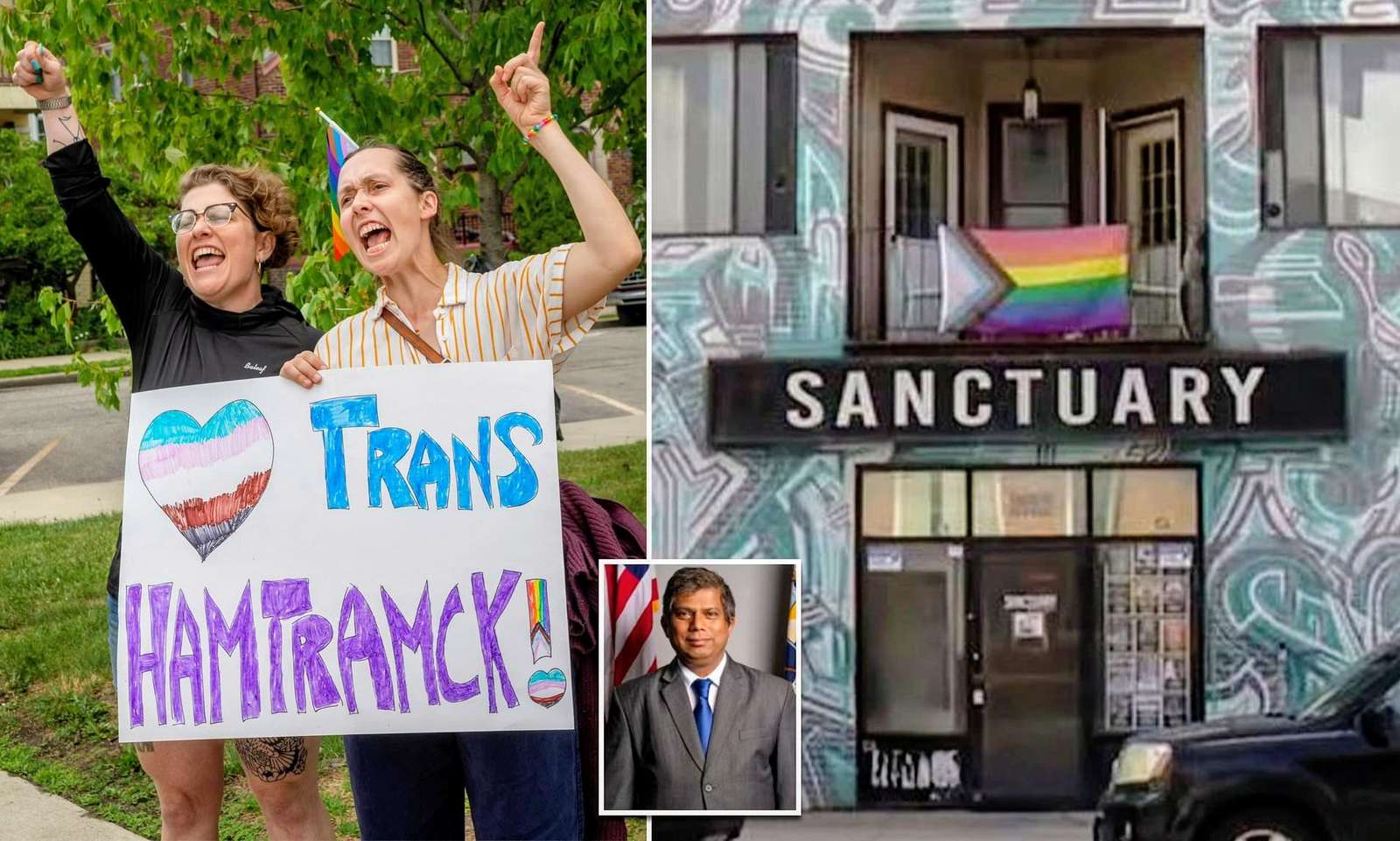

_3.jpg)


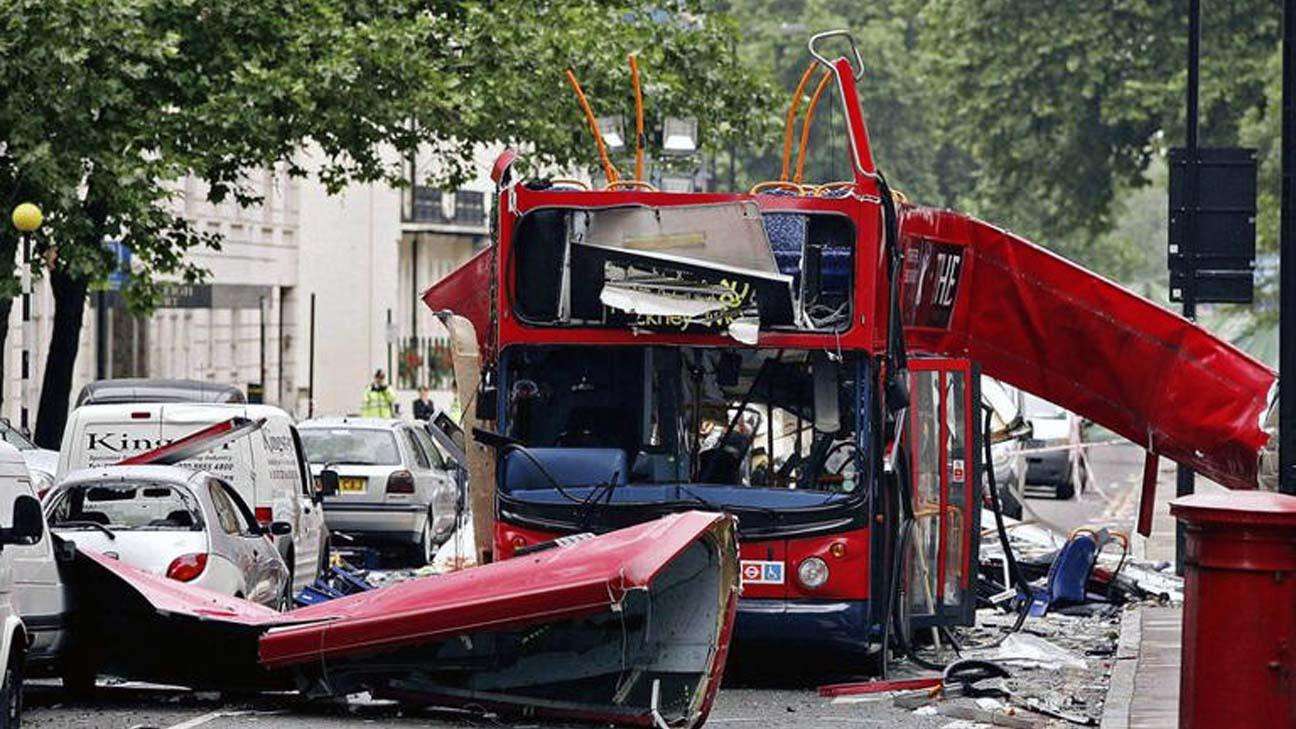
.svg)

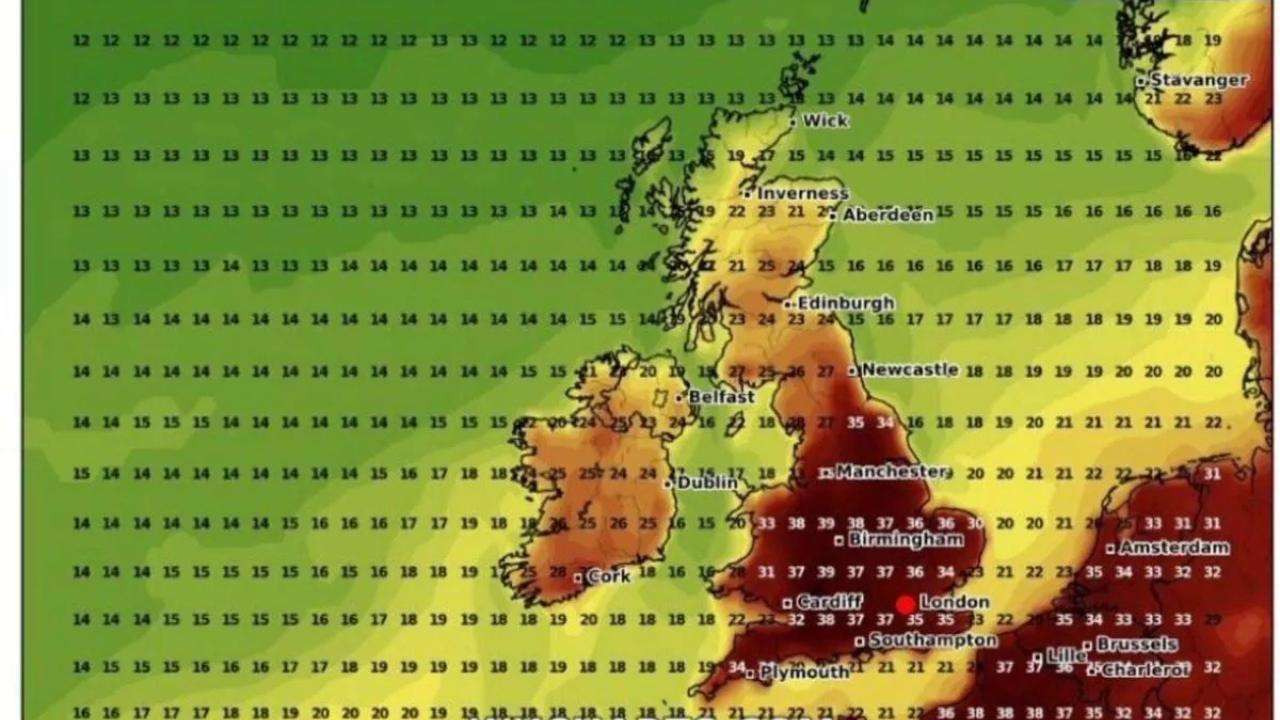
_2.jpg)